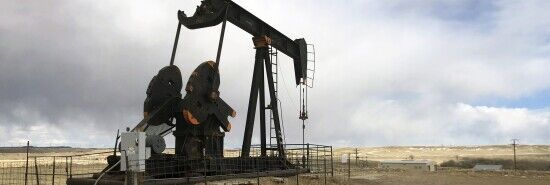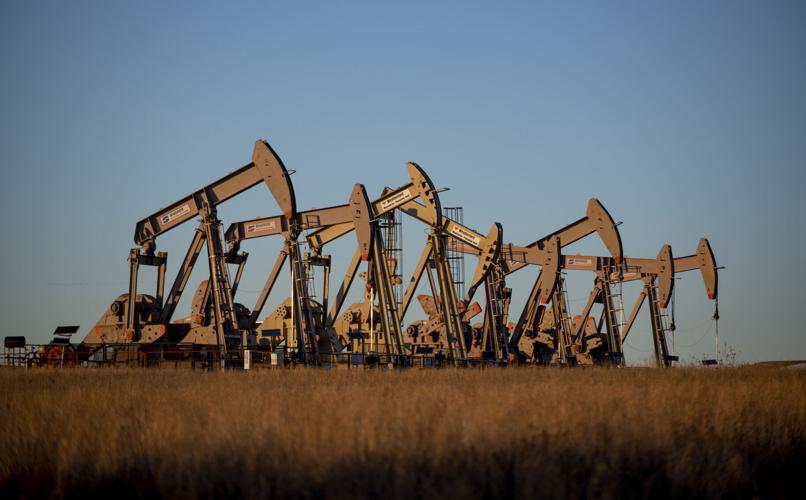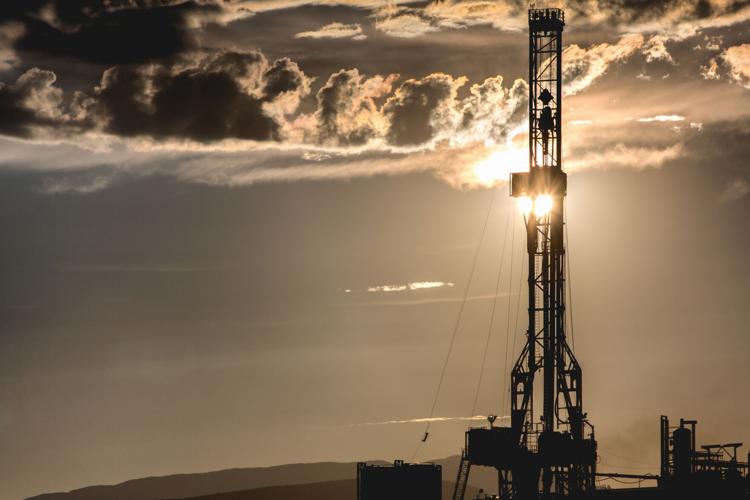Colorado Supreme Court considers the legal status of dormant oil and gas well leases
The Colorado Supreme Court on Tuesday will hear oral arguments over whether a pipeline maintenance that lasted 122 days in Boulder County meant production actually “ceased” and, therefore, the oil and gas leases were terminated.
Boulder County’s had appealed a district court’s ruling that rejected its claim of control over oil and gas well leases belonging to Crestone Peak Resources Operating, LLC. The county believed the length of the pause in oil and gas extraction meant the leases had terminated, pointing to language for one of the leases indicating that, if “production on the leased premises shall cease from any cause, this lease shall not terminate provided lessee resumes operations for re-working or drilling a well within sixty (60) days.” The other lease had a window of 90 days.
The appeal comes amid the county’s effort to prevent new drilling on the leases, many of which are more than 40 years old.
In 2017, Crestone Peak filed a plan to drill 140 wells on 2,720 acres in Weld County adjacent to Boulder County with the Colorado Oil and Gas Conservation Commission, which approved the drilling unit.
Some of the drilling unit included open space owned by the county and private properties the county holds conservation easements on. Boulder County filed the lawsuit to prevent the drilling, but lost in district court.
In a 2018 statement on the lawsuit, County Commissioner Elise Jones said, “Those old leases didn’t envision that the property could be harmed by a multi-well mega-pad used to frack minerals located miles away. It’s our duty to safeguard the environment and people of Boulder County and these lawsuits are our implementation of that responsibility.”
According to state law, subsurface mineral owners generally have a right to reasonable access to the surface in order to recover those minerals.
“In a nutshell, the issue is whether standard oil and gas leases require the actual production of oil and gas to remain viable … or whether they can be maintained with idle wells,” Kate Burke, Senior Assistant County Attorney told The Denver Gazette Monday.
If the state Supreme Court rules that the statutory definition of oil and gas production requires actual extraction of the minerals “for long periods,” Burke said, then the leases automatically expired decades ago and the county “will have full control over the mineral rights, to the extent possible under state law,” according to a Sept. 15 press release.
The issue is further complicated by recent legislation that gives cities and counties much greater control over mineral extraction. Senate Bill 19-181 gave local governments “land use authority to regulate the siting of oil and gas locations to minimize adverse impacts to public safety, health, welfare, and the environment.”
Burke said that since the lawsuit was filed, no application for the drilling project has been filed with the county. Applications to the Colorado Oil and Gas Conservation Commission have been on hold there. Burke said that, while there was a drilling moratorium in 2019, it expired in 2020 and there is currently no drilling moratorium in place in Boulder County.
According to published reports, Crestone Peak’s assets are now part of Civitas Resources, a Denver-based energy company formed by an “expanded merger of long-standing Colorado oil and natural gas peer companies.”
Attempts to contact Civitas were unsuccessful.







